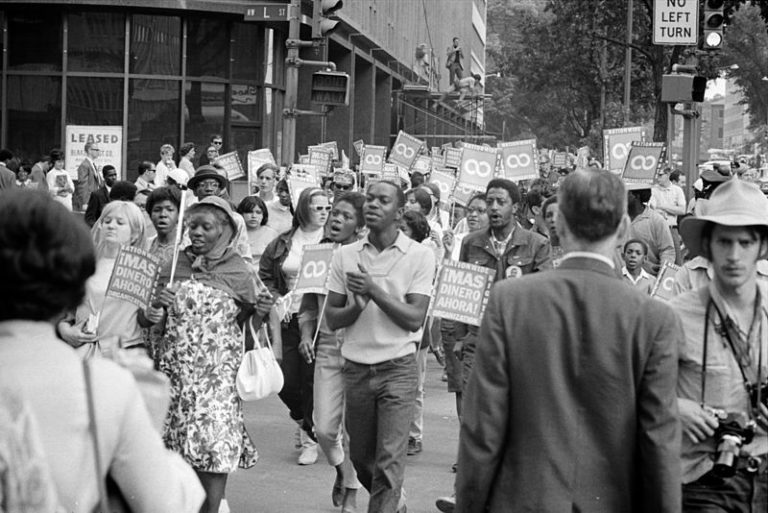This essay traces how social movements throughout the globe in 1968 heavily influenced the development, operations, and identity of cultural studies. Thus, 1968 remains a critical turning point for cultural studies and its goals. To demonstrate this, global struggles contextualize the micro expressions of unrest at The University of Birmingham’s Centre for Contemporary Cultural Studies (CCCS). Secondly, the essay examines how the discipline negotiated studies of marginalized and subaltern cultures within this social context. And finally, an analysis of key texts of 1968 demonstrates how the sociopolitical moment produced work that is emblematic of cultural studies’ pursuits. Ultimately, the essay questions how our contemporary moment might necessitate new pursuits in scholarly praxis, like the moment of 1968 called forth new directions in cultural studies.
Keyword: CCCS
“Nothing gold can stay:” Labor, Political Economy, and the Birmingham Legacy of the Culture Industries Debate
Over the course of the last 150 years or so, we can see three distinct phases of the culture industry. More specifically, there have been (at least) three eras marked by different configurations of the relationship between culture, politics, the dominant mode of production and the commodification of culture. Cultural Studies emerged from the second era, whose contours I’ll explore here; and we are now in a liminal phase brought on by the uncertain conflagration between the neoliberalism, convergence culture, and nascent popular uprisings under the banner (and hashtag) #occupyeverywhere. This third phase, or conjuncture, once again reconfigures these relations, making it important to revise the theoretical assumptions and political strategies that were adhered to in an earlier era of “the culture industry.” I will outline the direction I think this points to both in our understanding of the culture industries and in terms of political and theoretical strategy going forward.
